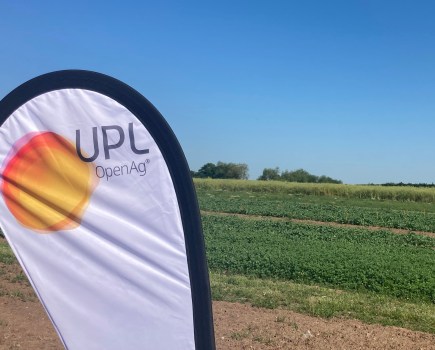Support our farming family
Thankfully for the UK wine industry, Dry January seems to have taken a back seat this year, with social media posts instead dedicated to promoting lusciously crisp dry whites and sparkling Bruts.
However, it seems the nation cannot forego a ‘new year, new me’ diet trend. The need to ‘take the pledge’ and ‘join the new year’s revolution’ has paved the way for Dry January’s ugly stepsister Veganuary to steal the spotlight.
The Veganuary initiative – following a vegan diet for the duration of January – has been in existence since 2014 and has attracted over 500,000 participants in over 175 countries.
As the new decade dawned, herds of consumers fell over themselves to jump on the latest bandwagon and ‘Meat Free Mondays’ were officially rolled out for the duration of the first 31 days of 2020.
Fast food chains, desperate not to miss out, have launched new product ranges. One hasn’t even bothered to ensure that its new plant-based burger cuts the mustard as suitable for vegans. It claims instead that the burger, which is cooked on the same grill as the traditional patties and is served with egg mayonnaise, has been designed for environmental not dietary reasons.
Finding the profit margins within agriculture is difficult enough without having to battle against this focus on the environmental impact of meat production. Already Veganuary has helped drive a constant stream of unbalanced media coverage, with programmes such as Channel 4’s Apocalypse Cow completely failing to portray a fair view of farming systems in the UK, succeeding only in vilifying meat-eaters and demeaning the UK’s hard-working livestock community.
Being deeply concerned about the detrimental impact this monthly movement is having on our farming brothers and sisters’ livelihoods, the number of English wine producers adding fuel to this fad has not gone unnoticed.
While producers across the country may have rejoiced at the decision to shelve the annual detox, how many of those going above and beyond to encourage people to ‘drink vegan’ this January have considered the impact this campaign has for our wider farming family?
If the shoe was on the other foot, too, how easy it would be to suggest that conventional viticulture and winemaking is deeply detrimental to the environment – especially as so many UK producers have previously boasted in the media about the ‘benefits’ climate change has had on their wines.
It is, of course, incredibly important that our industry has the ability to produce wines which are accessible to all, but producers need to be vigilant not to capitalise on the vegan pound and overegg these credentials at this sensitive time.
Perhaps next year, instead of opting to avoid one product or another, the entire farming community can band together to promote ‘Locanuary’. How wonderful would it be if, for an entire month, consumers were encouraged to explore what their local farm shops, indie wine merchants or cellar doors have to offer?
Send your thoughts and comments letters@vineyardmagazine.co.uk
Victoria Rose



